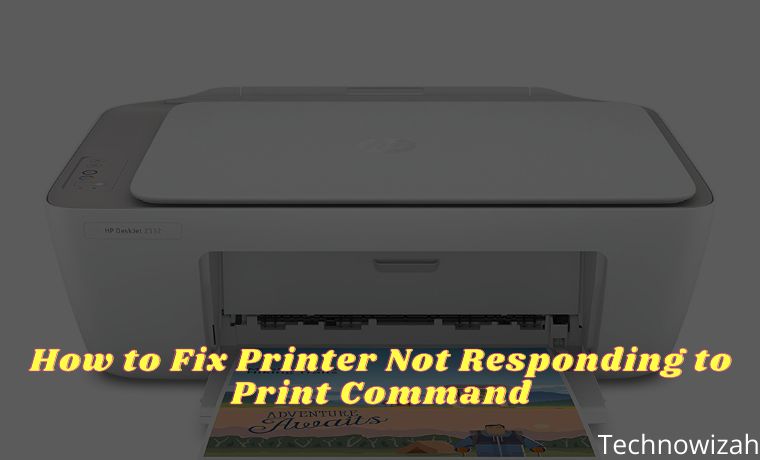6 Ways to Fix PAGE_FAULT_IN_NONPAGED_AREA in Windows 10 – Most critical errors in Windows 10 are the result of software faults or malfunctioning drivers. However, Page Fault in Nonpaged areas is usually caused by a hardware problem, especially RAM. The error can also be associated with Windows virtual memory management errors.

- 1 How to Fix PAGE_FAULT_IN_NONPAGED_AREA in Windows 10
- 2 Conclusion:
How to Fix PAGE_FAULT_IN_NONPAGED_AREA in Windows 10
To eliminate them, users must diagnose hardware and software faults. Here are six ways to solve the PAGE_FAULT_IN_NONPAGED_AREA blue screen of death.
Read more:
- 6 Ways to Fix Error Code 0xc0000e in Windows 10 PC
- 6 Ways to Fix Windows Boot Manager Error 0xc00000e9 PC
- 7 Ways to Fix Dxgkrnl Video Fatal Error on Windows 10 PC
- 9 Ways to Fix Critical Process Died in Windows 10 PC
#1. Check the RAM
If you’ve made any recent hardware changes to your computer, it’s a good idea to check if everything is installed properly.
Sometimes, the new RAM can be damaged, or even the old one can be damaged. Here are some things you can do to check RAM. Remember to turn off the computer and disconnect all cables before continuing.
- If you are using two RAM sticks, try changing the slots.
- If you are using a single RAM chip, clean any dust that may have accumulated.
- If you have some spare RAM modules, try changing the RAM and rebooting the PC. If the error does not appear, it means that the RAM you used previously was damaged.
- Try using only one RAM slot.
#2. Update Or Roll Back the Driver
Wrong drivers can damage your computer. That’s why you should always update your drivers to the latest versions. But sometimes these updates may be unstable, which can damage your computer. In such cases, it is best to roll back to the previous version.
How to Update Drivers Using Device Manager
Device Manager is by far the most effective way to keep your system drivers updated.
In case of Page Fault in Nonpaged Area BSOD, usually, the graphics driver or chipset is at fault. Graphics drivers are found under Display adapters in Device Manager, and chipset drivers are under System Devices. Here’s how to update drivers using the device manager:
- Press the Windows key + R to open the Run dialog box. Type devmgmt.msc and press Enter.
- In the Device Manager window, locate the driver you want to update and expand the menu.
- Then right-click on the required driver and click Update driver.
- In the next window, click Search automatically for updated driver software.
- Windows will automatically download and install the latest drivers.
How to Roll Back Driver Using Device Manager
As previously mentioned, there are instances when the new driver may be unstable. Here are the steps to roll back drivers using Device Manager:
- Press the Windows key + R to run the Run command. Type devmgmt.msc and press Enter.
- In Device Manager, expand the section containing drivers. Right-click on the desired driver and select Properties.
- Under the Driver tab, click Roll Back Driver.
#3. Disable Automatically Manage Paging File Size
This method has a high success rate of fixing PAGE_FAULT_IN_NONPAGED_AREA because it is directly related to virtual memory. Windows normally manages the size of the paging file, but if it’s causing your system to crash, it’s best to disable it:
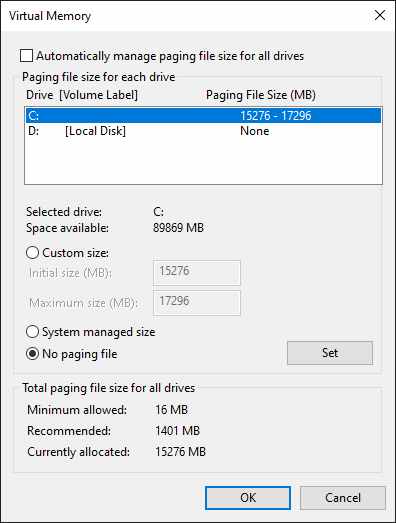
- Open File Explorer and right-click on This PC. Select Properties.
- In the left pane, click on Advanced system settings. You need administrator rights to do this.
- In System Properties, click on the Advanced tab. Under the Performance section, click Settings.
- In the Performance Options window, navigate to the Advanced tab.
- In the Virtual Memory section, click Change.
- Uncheck the Automatically manage paging file size for all drives option and click OK.
- Apply all settings and reboot your computer.
If the PC is working fine after a reboot, leave the settings as they are, but if the error persists, it is recommended to revert the changes and check the Automatically manage paging file size for all drives option.
#4. Run Windows Memory Diagnostic Tool
Windows Memory Diagnostic is a built-in Windows utility that checks and fixes problems with RAM. Easy to use and very effective. This is how you use it.
- In the Start menu search bar, type “Windows Memory Diagnostic” and select the most appropriate one.
- You can choose to Restart now and check for problems or do it the next time you turn on the computer. You are advised to choose the first option.
#5. Use DISM And SFC To Repair Corrupt System Files
DISM and SFC are two of the most effective utilities for repairing system files. Since there is a possibility that an error system file is the cause of the problem, it is recommended that you use these two utilities.
How to Run DISM
- In the Start menu search bar, type cmd and right-click on Command Prompt > Run as administrator.
- Type DISM /Online /Cleanup-Image /CheckHealth in the console and press Enter.
- Then type DISM /Online /Cleanup-Image /restore health and press Enter.
- Wait for the process to complete and exit Command Prompt.
How to Run SFC
- Follow step 1 in the previous section to run Command Prompt as administrator.
- In the console, type SFC /scannow and press Enter.
- Wait for Windows to scan and fix errors.
- Restart your computer.
#6. Disable Third-Party Software
Often, third-party software interferes with system functionality and can cause blue screen errors such as PAGE_FAULT_IN_NONPAGED_AREA. In this case, the user must perform a clean boot to rule out third-party applications as the cause of this error. To do this, follow the steps below:
- Press the Windows key + R to open the Run command. Type msconfig and press Enter.
- In the System Configuration window, go to the Services tab.
- Check the option Hide all Microsoft services located at the bottom.
- Check all services from the list in the middle, and click Disable All.
- Save and exit.
- Now, open Task Manager. You can do this by pressing CTRL + Shift + ESC.
- Under the Startup tab, click each program and then click Disable.
- Exit and reboot your computer.
If the error is resolved, it means a third-party app is causing the problem. To prevent this from happening again, you will have to uninstall any recently installed apps.
Read more:
- 6 Ways to Fix Error 0x80070091 in Windows 10 Laptop PC
- 8 Ways to Fix TDR VIDEO FAILURE Nvlddmkm.sys on Windows 10
- 5 Ways to Turn Off Cortana In Windows 10 (100% Working)
Conclusion:
So those are some ways to solve PAGE_FAULT_IN_NONPAGED_AREA. The fix mentioned above is an easy way to solve PAGE_FAULT_IN_NONPAGED_AREA BSOD. If you have faulty hardware, double-check if it is compatible with your PC.
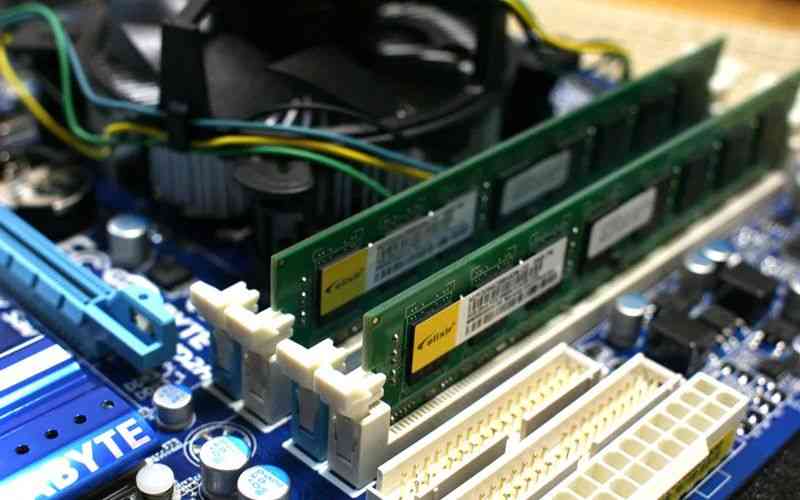
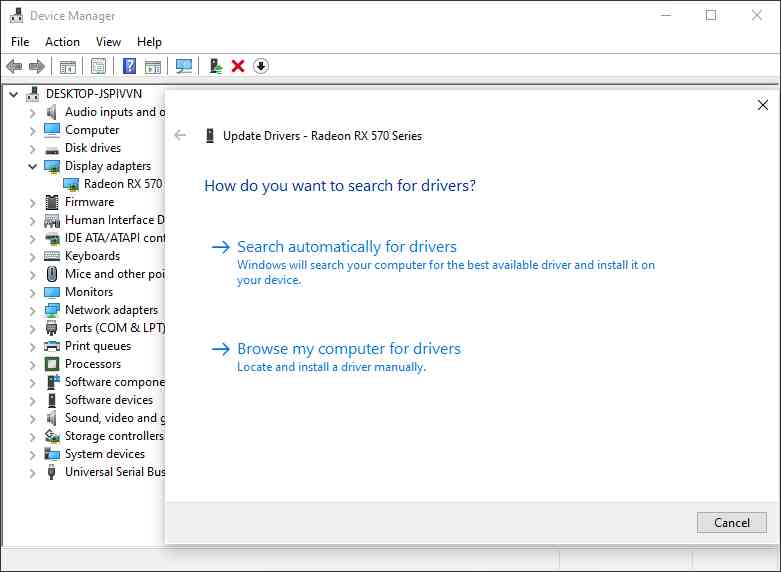
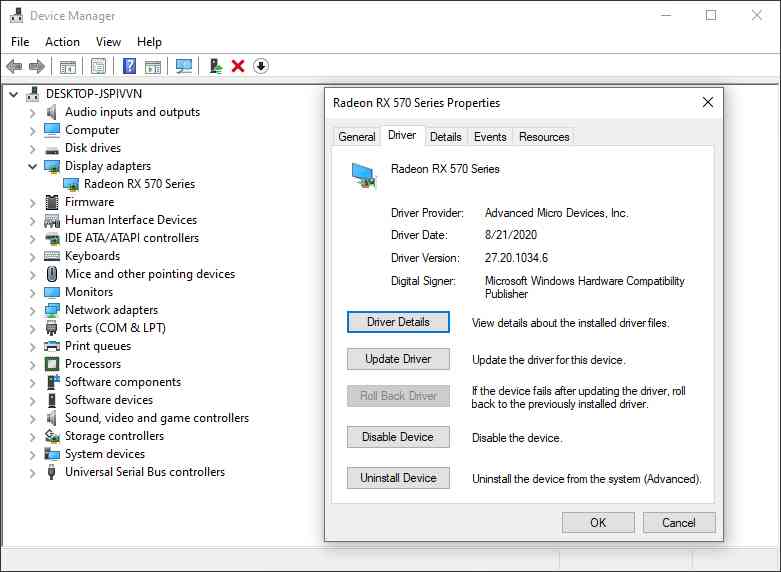
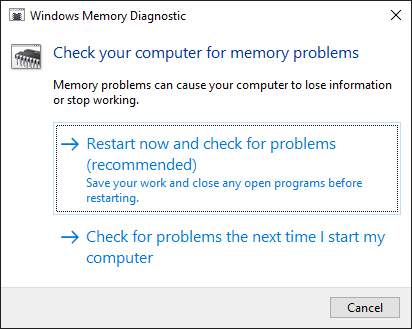
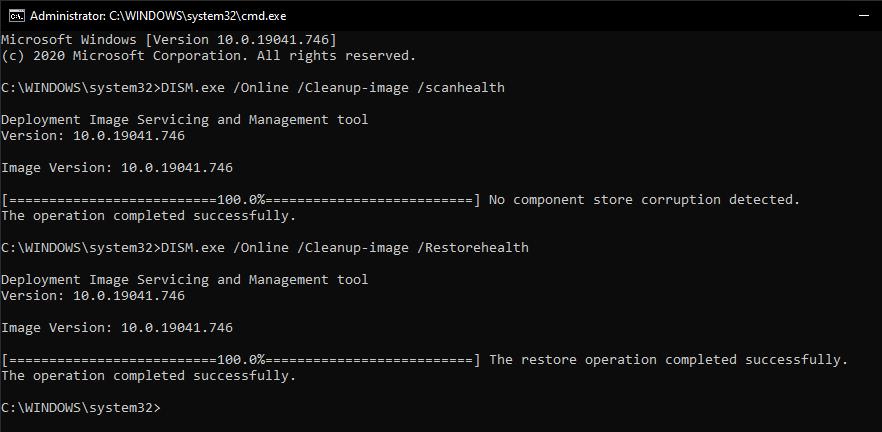
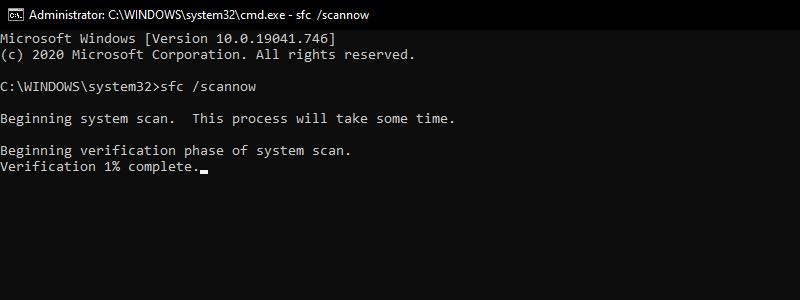
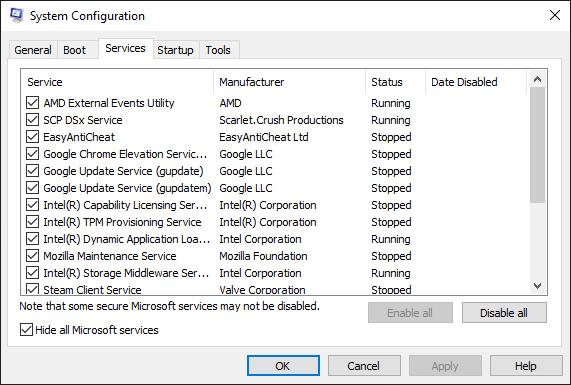
![8 Ways to Fix The Hosted Network Couldn’t Be Started in Windows 10 [2026] 8 Ways to Fix The Hosted Network Couldn't Be Started in Windows 10](https://technowizah.com/wp-content/uploads/2021/07/8-Ways-to-Fix-The-Hosted-Network-Couldnt-Be-Started-in-Windows-10.jpg)
